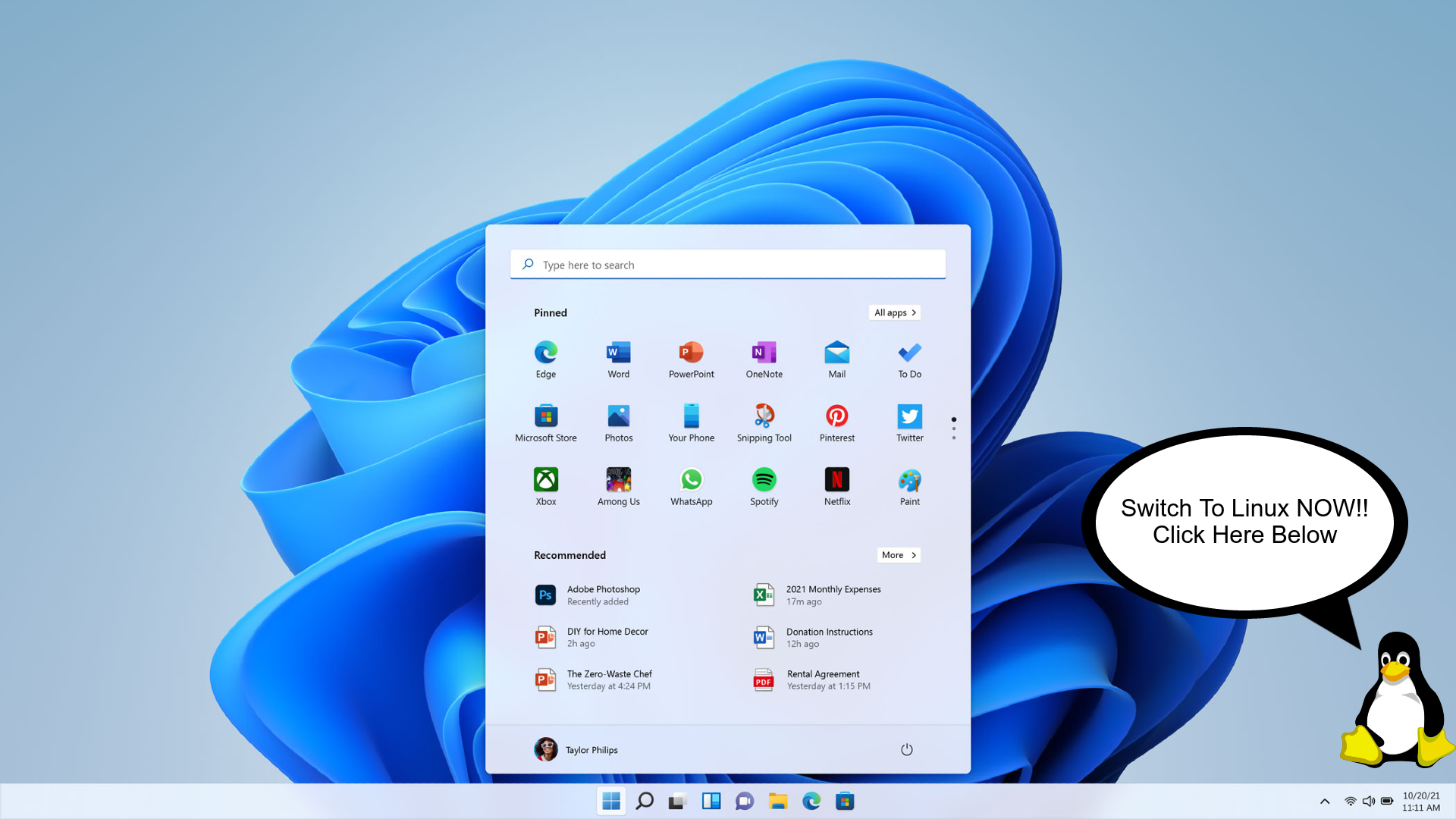from the do-not-pass-go,-do-not-collect-$200 dept
Wed, Apr 10th 2024 05:29am - Karl Bode
However terrible telecom monopolies are in the free world, they’re arguably worse in prisons. For decades, journalists and researchers have outlined how a select number of prison telecom giants like Securus have enjoyed a cozy, government-kickback based monopoly over prison phone and teleconferencing services, resulting sky high rates (upwards of $14 per minute at some prisons) for inmate families.
Most of these pampered monopolies have shifted over to monopolizing prison phone videoconferencing as well. And the relationship between government and monopoly is so cozy, several of these companies, like Securus, have been caught helping to spy on privileged attorney client communications.
There’s not much in the way of oversight, so the problem just keeps evolving. Case in point: Ars Technica notes that a civil rights group has filed a two new lawsuits against two Michigan counties, two county sheriffs, and two prison monopolies, Securus and Viapath (formerly known as Global Tel*Link Corporation, or GTL.
The lawsuits allege that Michigan banned in-person visits in order to maximize revenue from voice and video calls as part of a “quid pro quo kickback scheme” with prison phone companies. It’s something the group states has become increasingly common over the last decade as telecom monopolies lobby governments and private prison contractors to ban in-person visits to make more money:
“Why has this happened? The answer highlights a profound flaw in how decisions too often get made in our legal system: for-profit jail telecom companies realized that they could earn more profit from phone and video calls if jails eliminated free in-person visits for families. So the companies offered sheriffs and county jails across the country a deal: if you eliminate family visits, we’ll give you a cut of the increased profits from the larger number of calls. This led to a wave across the country, as local jails sought to supplement their budgets with hundreds of millions of dollars in cash from some of the poorest families in our society.”
Much like telecoms out in the broader free world, government has such a cozy relationship with telecom monopolies, the incentive to hold them accountable for much of anything is largely muted. In instances like domestic surveillance, it’s often impossible to determine where government ends and private monopolies like AT&T begin.
One lawsuit documents how Securus lobbied to have in-person visits eliminated and video kiosks installed where in-person visitation centers used to be. A contract was signed that doled out kickbacks to government so they got a big chunk of the revenue, incentivizing prisons to keep inmate populations high:
“Securus pays the County 50% of the $12.99 price tag for every 20-minute video call and 78% of the $0.21 per minute cost of every phone call. The contract promises the County an entirely new revenue stream, as well as a minimum guaranteed annual payment of $190,000 paid up front. And the contract gives Securus the right to terminate its video call service or pay the County less money if the jail population decreases by more than 5% or if
the jail fails to ensure a minimum number of monthly paid video calls.”
Much with the broader prison industrial complex, it’s not hard to see how perverse financial incentives point in all the wrong directions. It’s also not hard to see how this sort of relationship can easily be sold to cash-hungry counties and municipalities as more profitable, safer, and more secure. A win all around, unless you’re a poor inmate family member with limited resources and no personal lobbyists.
Efforts to do something about prison telecom monopolies were scuttled by FCC boss Ajit Pai, whose former clients included Securus. Pai not only routinely opposed efforts by ex-FCC Commissioner Mignon Clyburn to drive change in the prison telco sector, one of his very first acts as FCC boss was to pull the rugs out from underneath his own lawyers as they tried to support those reforms in court (they, as intended, lost).







